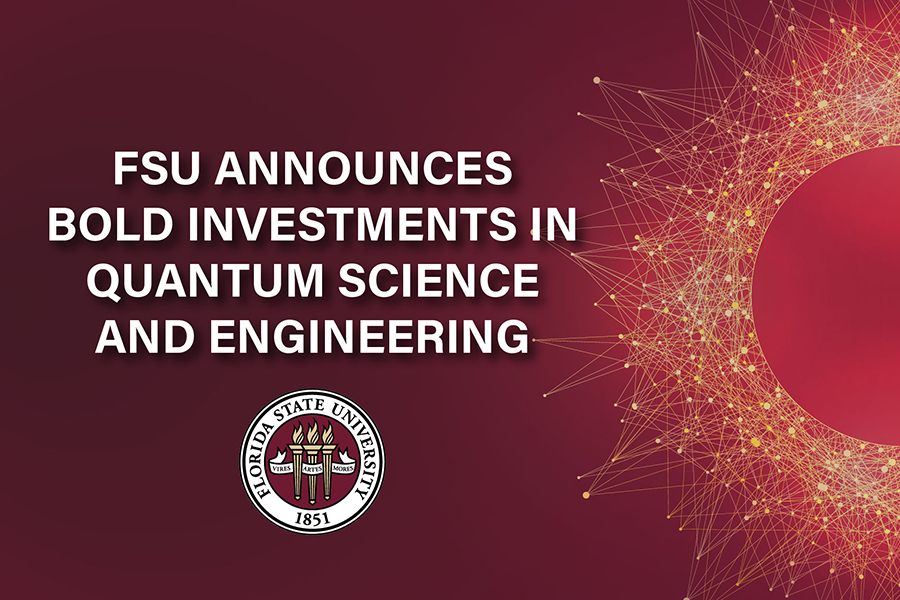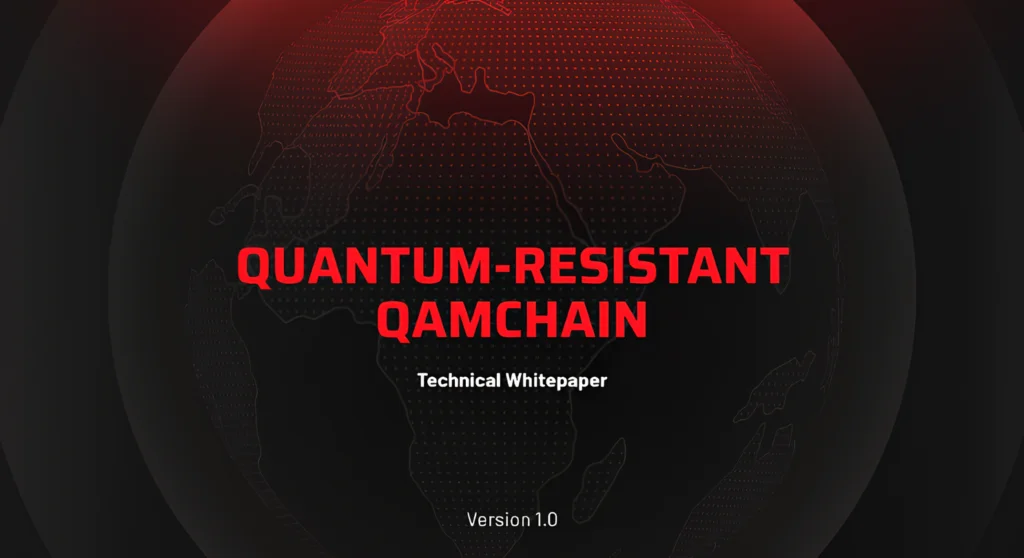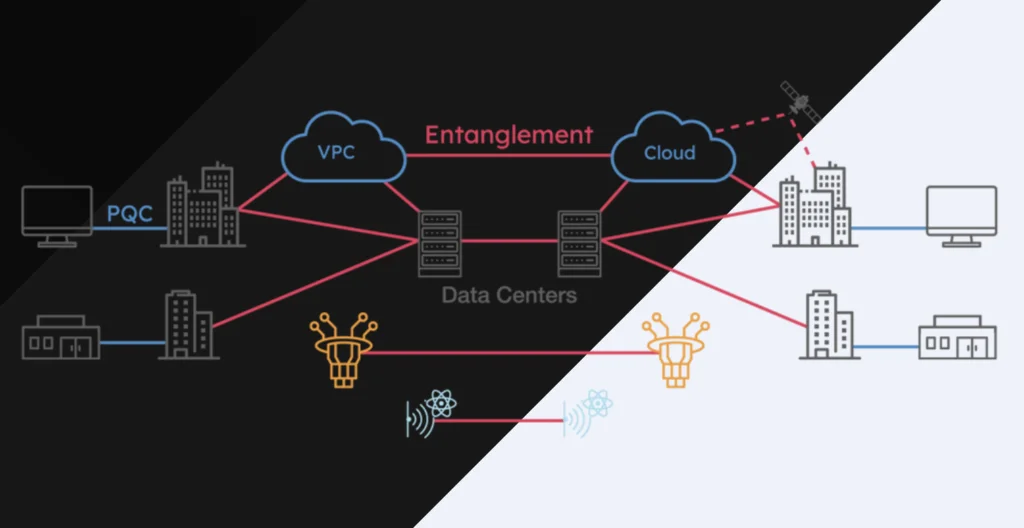Insider Brief
- Florida State University will dedicate more than $20 million to quantum science and engineering over the next three years.
- Funding will support hiring at least eight new faculty members, equipment and dedicated space
- Critical Quote: “It’s clear from the research being presented here that FSU is uniquely positioned to be a leader in what is now being heralded as the second quantum revolution. We have the drive and the desire to expand our existing efforts so that we can be on the forefront of research in this area of critical national and global importance.” — Florida State University President Richard McCullough
PRESS RELEASE — At the atomic and subatomic scales of matter, classical laws of nature lose control and quantum mechanics take over. Discoveries of new quantum phenomena and materials, such as quantum entanglement and topological systems, promise to deliver groundbreaking technologies. New extremely efficient quantum computers and communications and cryptography technologies are among a few of the future applications that could revolutionize the world.
Florida State University will dedicate more than $20 million to quantum science and engineering over the next three years, funding that will support hiring at least eight new faculty members, equipment and dedicated space in the university’s Interdisciplinary Research and Commercialization Building, and seed money for a new program focused on this emerging field. FSU President Richard McCullough announced the investments at the first day of the university’s Quantum Science and Engineering Symposium last week.
“It’s clear from the research being presented here that FSU is uniquely positioned to be a leader in what is now being heralded as the second quantum revolution,” McCullough said. “We have the drive and the desire to expand our existing efforts so that we can be on the forefront of research in this area of critical national and global importance.”

The investments are part of the university’s efforts to support the development of applications that exploit quantum mechanics to make engineering breakthroughs.
“We’re excited about building on our strengths in magnetism, quantum materials, superconductors, spectroscopy and cryogenics, just to name a few areas,” said Vice President for Research Stacey Patterson. “The university is committed to building on these programs by investing in the recruitment of top national talent who can complement existing expertise and open new opportunities for faculty and students.”
The federal government has made expanding knowledge of quantum information science and developing new technologies a strategic priority. Agencies such as the National Science Foundation, Department of Defense, Department of Commerce, Department of Energy and others are part of the $2.6 billion National Quantum Initiative.
FSU researchers are already part of the endeavor to explore quantum science and engineering. For example, Professor of Chemistry and Biochemistry Eugene DePrince is leading a $4.4 million Department of Energy (DOE) project to help create software that can take advantage of supercomputer capabilities and advance quantum information science. FAMU-FSU College of Engineering Professor Wei Guo worked with DOE researchers to develop a new quantum bit platform, research that was published in the journal Nature. Professor of Physics Stephen Hill and Professor of Chemistry and Biochemistry Michael Shatruk are participants in a $10 million multi-institutional Energy Frontier Research Center, also sponsored by DOE.
“College of Arts and Sciences faculty have a major role to play in FSU’s emerging quantum science focus, and we are enthusiastic partners in this exciting initiative,” said Sam Huckaba, dean of the College of Arts and Sciences. “In particular, our expertise in chemistry, computer science, and physics will anchor the university’s early participation, and other disciplines will join as these endeavors coalesce.”
Added Suvranu De, dean of the FAMU-FSU College of Engineering: “Engineering is the application of science to the solution of practical problems. Throughout history, engineers have pursued the most effective tools for resolving the challenges they encounter. Quantum science and technology signify a continuation of this extensive legacy. Researchers at the FAMU-FSU College of Engineering stand poised to participate in the problem-solving and technical innovation fostered by advancements in quantum science. The college takes great pride in bolstering the university’s initiatives in this rapidly emerging field.”
Quantum engineering takes advantage of the principles of quantum mechanics to develop technologies beyond what is capable with classical physics. For example, quantum computers take advantage of the abilities of quantum bits to exist as 0 and 1 simultaneously until they are measured and to become connected in such a way that their properties become correlated, a phenomenon known as entanglement. Leveraging the unique properties of entangled states will allow quantum computers to solve problems that would take classical computers many years to calculate.
“In computing, cryptography, sensing and other technologies, quantum science and engineering is poised to make major breakthroughs possible,” Shatruk said. “Looking at the map of quantum science initiatives and centers across the nation, there is a huge gap in the Southeast. FSU’s administration making this investment is a bold step to make the university a major player in this area.”
Attendees at Florida State’s three-day Quantum Science and Engineering Symposium heard from nearly two dozen researchers from institutions such as Oak Ridge National Laboratory, Los Alamos National Laboratory, Amazon, Keysight Technologies, University of Florida, Georgia Tech, University of California Irvine, University of California Los Angeles and the FSU-headquartered National High Magnetic Field Laboratory about their latest research.
“The quality of presentations at the symposium was exceptional,” Hill said. “There was also plenty of time devoted to discussion, with the aim of informing strategies going forward that will ensure FSU cements its position as a leader in quantum science and engineering research and workforce education.”
Quantum materials are the latest example of humanity’s search to develop better materials that will impact society, said MagLab researcher Ryan Baumbach, who spoke about his research into uranium-based materials. Consider steel, a well-established technology that is still being pushed forward today by scientists. Without the steel beams that make high rises possible, modern cities would look very different and couldn’t be organized in the ways they are now.
“New materials have impacts on society that we don’t necessarily predict ahead of time,” he said. “It’s absolutely true that some of these materials we’re discussing here could be useful for quantum computing, quantum sensors or particle accelerators. We also have the chance to discover new things that we can’t anticipate and that may have very big impacts.”
Along with the possibilities for learning more about subatomic physics and chemistry, quantum science holds great opportunity for developing new technologies and partnering with industry. Representatives from Amazon and Keysight Technologies spoke about the work their companies are doing in this field.
“Florida State faculty continue to innovate across academic disciplines, and quantum science offers another opportunity for them to continue their world-class work,” Provost Jim Clark said. “FSU’s investment represents a commitment to advancing knowledge in this field, and I’m excited to see what our faculty will develop as they move forward.”
For more information and a complete list of speakers, visit the symposium website.
Source: Florida State University
For more market insights, check out our latest quantum computing news here.














